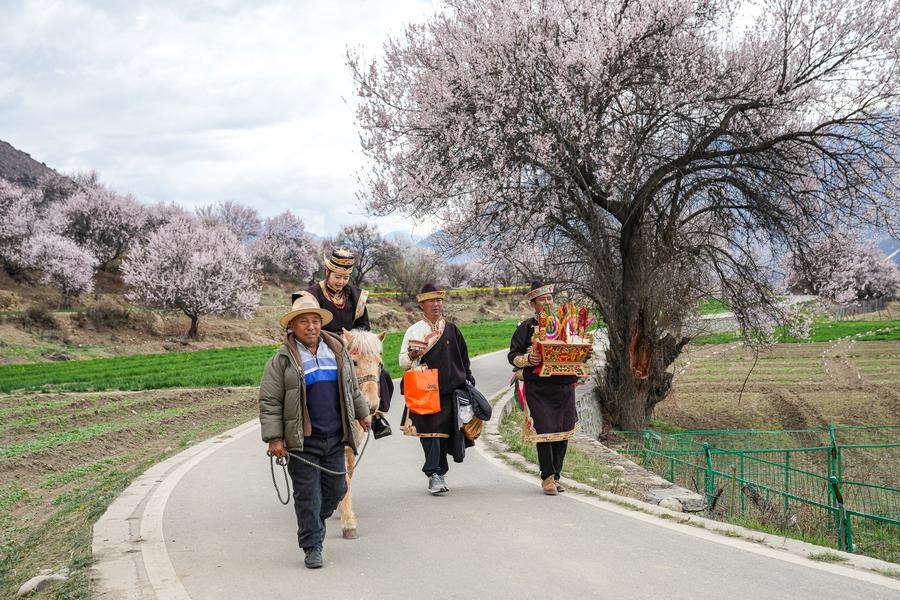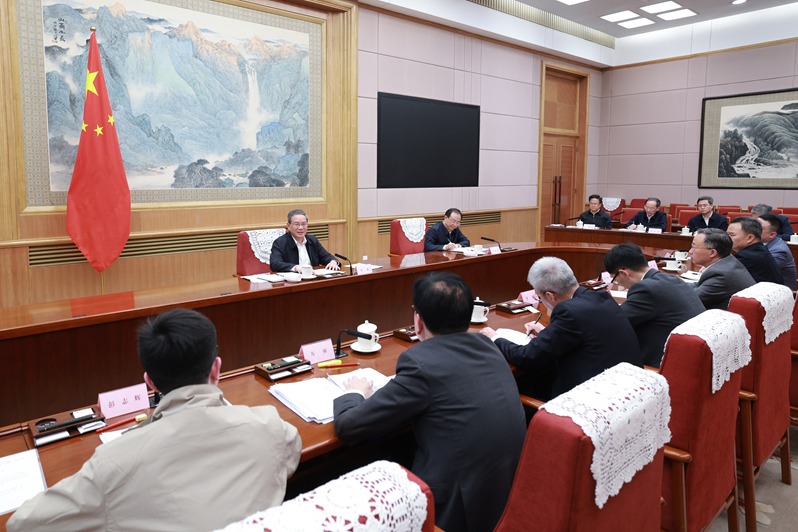Full Text: Slanderer Adrian Zenz's Xinjiang-related Fallacies Versus the Truth

Fallacy Fourteen: Xinjiang government monitors ethnic minorities through the campaign of "Visit the People, Benefit the People, and Bring Together the Hearts of the People" and digital social governance
In his so-called The Karakax List: Dissecting the Anatomy of Beijing's Internment Drive in Xinjiang, Zenz said the working teams of "Visit the People, Benefit the People, and Bring Together the Hearts of the People" aim to penetrate into the Uygur communities and families, and their main purpose is to collect information, investigate and monitor the minority residents in order to provide support for the detention movement. In fact, since 2014, Xinjiang has carried out the campaign of "Visit the People, Benefit the People, and Bring Together the Hearts of the People" in villages for seven consecutive years. Every year, 12,000 working teams and more than 70,000 cadres are selected from government organizations at all levels to work at the villages, pastoral areas and local communities. They have done a great deal of good and practical deeds for the people and are warmly supported and welcomed by people of all ethnic groups.
Zenz also claimed in his report that through administrative management and technological innovation, Xinjiang has carried out large-scale surveillance or grid management specifically targeted at the ethnic Muslims to collect information. As we all know, it is a common practice in the international community to use modern scientific and technological products and big data to improve social governance. In Xinjiang, these measures have greatly enhanced the sense of security and won the support of the masses of all ethnic groups. It should be emphasized that these measures are not targeted at any particular ethnic group, and the monitoring facilities cannot automatically identify or target a particular ethnic group. They deter the vile and protect the good. At the same time, we attach great importance to the protection of citizen's privacy, strictly implement the Civil Code of the People's Republic of China, Cybersecurity Law of the People's Republic of China, and the decision of the Standing Committee of the National People's Congress on strengthening the protection of cyber-information among others, follow the principles of legitimacy, justice and necessity in the collection, usage and protection of personal information
- Bolivian diplomat praises peony forum for cultural exchange
- Unitree CEO gives lecture to Zhejiang officials on robotics
- New research questions dark energy's constancy
- China-SCO trade hits record $890 billion
- Beijing postpones human-robot race to April 19 due to weather
- Shanxi entrepreneurs innovate to counter trade impacts



































